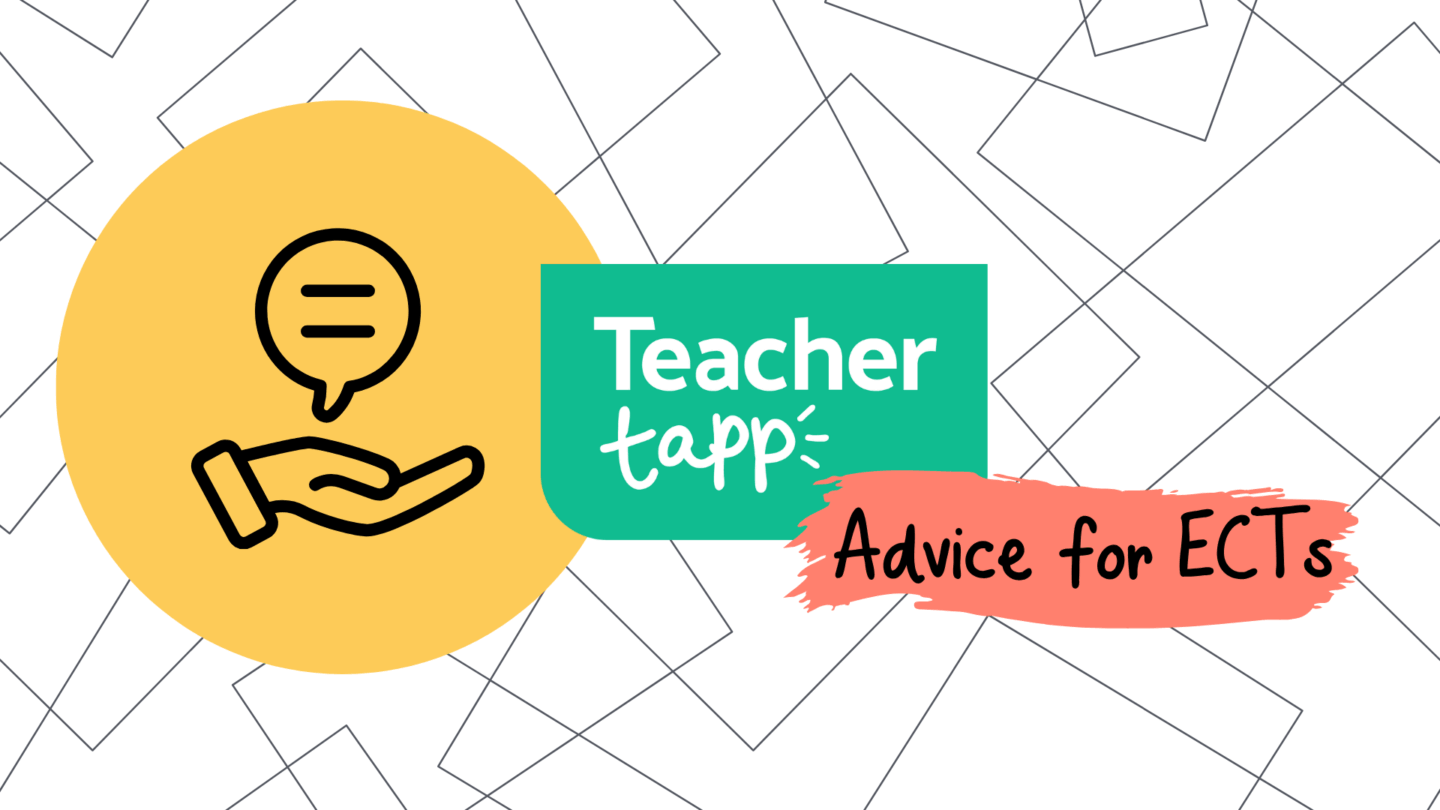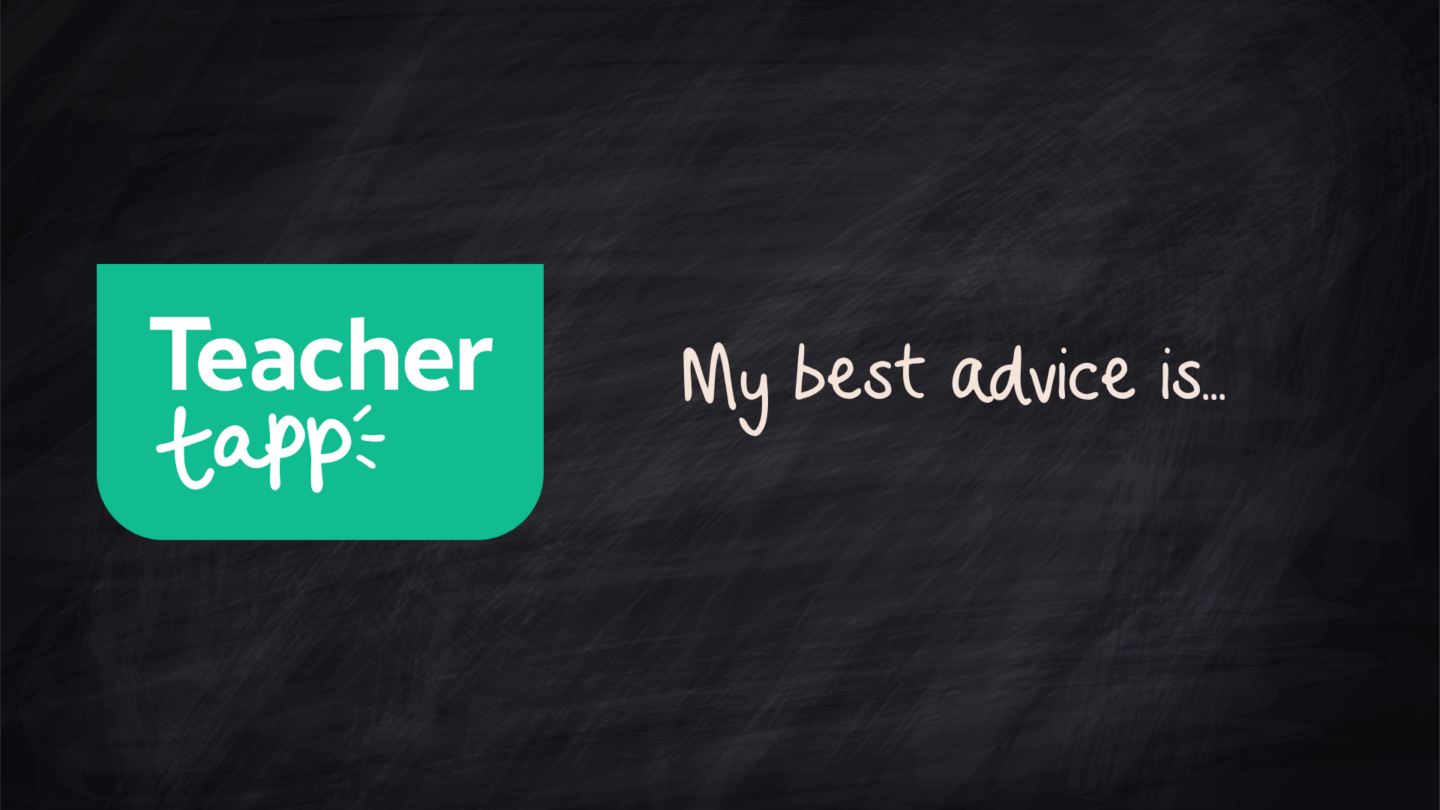Go go go… it’s the last push of the summer term, which means parent’s evenings, sports day, summer concerts, and all the other fun stuff. But the finish line is in sight!
In the meantime, here’s what we learned this week from your tapping…
1.Are primary schools more likely to be Outstanding because they are better at behaviour management?
Primary schools are much more likely to be rated outstanding than secondary schools. In the north-east, the divide between the two groups is particularly large, with primary schools getting pretty good academic and Ofsted results, compared to the secondary schools where these outcomes plummet.
There are lots of reasons for this difference. Not least the greater complexity of running much larger schools where pupils move around between different specialist teachers. Add this to the adolescent brain and we can guess why such differences may occur.
BUT, as part of our looking into the values and beliefs of teachers, we found this interesting result last week:

Primary school teachers are MUCH more likely to say that rules for student behaviour are more ‘consistently enforced’ by ALL the teachers in their school.
And teachers who work in Outstanding-rated schools were the most likely of all to say the rules were consistently upheld by staff.
In secondary schools, rule consistency seems to occur in only around 56% of Outstanding schools and just 40% of schools judged to Require Improvement or be Satisfactory.
Remember: we didn’t say what the rules must be. They could be strict, or they could be lax. The point we were driving at is consistency, as this is continually said by behaviour experts and child psychologists to be of utmost importance.
One theory was that newer teachers tend to crowd into schools with lower Ofsted grades, whereas more experienced teachers head towards Outstanding schools. Could it be a perception issue based on how experienced the teachers are?
Actually, we found no substantial differences in levels of experience BUT we did notice that job role mattered to perceptions.
Headteachers almost always felt that consistency of rule implementation was higher than classroom teachers felt it to be.
Heads in secondary schools seemed particularly at odds with the views of classroom teachers. Only 19% of heads ‘somewhat disagreed’ that staff consistently enforced behaviour rules, and around 2% strongly disagreed. Among classroom teachers, 36% ‘somewhat disagreed’ and a whopping 18% ‘strongly disagreed’. (This was even higher for classroom teachers with a middle leadership position). Classroom teachers were therefore 2.5 times more likely to think behaviour rules were inconsistently enforced compared to the views of headteachers.

Could this be due to our sampling? Yes. It’s possible that we only have headteachers within the app who are in schools with very good implementation of rules, and far more of our teachers are in schools where implementation is not consistent.
It’s also possible that headteachers aren’t always able to see what goes on in their very large and complex schools. It’s possible that rules are more consistently enforced when they are present. It’s even possible that teachers might sometimes ‘pretend’ they are enforcing, say, strict uniform rules, but are letting kids get away with things because the teacher doesn’t really believe in the rule or because they are too busy dealing with 53 other tasks that day.
If you had to weigh the probability of the two scenarios: which do you think is more likely?
2.What CPD do teachers most want?
For the teachers among you tasked with planning INSET days at the end of this academic year, or at the start of the next one, we thought we’d gift you a glance into the topics teachers are yearning to learn!

Curriculum-planning remains a popular topic. But we had a feeling this may differ by subject/phase, given everyone is at slightly different points with their curriculum changes.
And we were right! Primary teachers, for example, were among the least likely to go for curriculum, but among the most likely to ask for support with managing staff.

Note also the higher preference among creative and practical arts teachers for behaviour management training, and language teachers’ preference for training on how to work with parents. (Also, the very low percentage of maths teachers who said they would want training in special educational needs – any thoughts as to why?)
3.What would incentivise more teachers to become examiners?
Some of you who have taken the exam-marker challenge will have spent your weekend buried in mark schemes and online annotation boxes.
The shift to linear GCSEs and A-levels means there is greater pressure than ever before on examiners. With workload already high in schools, many teachers are opting not to become markers, which has left some subjects in a tight squeeze.
16% of Teacher Tappers said they already mark exams.

For the rest, they said more money and more time to mark the papers would make a big difference. Although 28% of Tappers also said that nothing would entice them to mark! Yikes!
Views differed greatly by subject and phase. Primary teachers were the least likely to want to mark exams, but also the ones most motivated by hard cash!
Languages teachers more commonly wanted a longer period of time in which to mark work.
Humanities and social science teachers were the most likely to already examine. However, getting creative and practical arts teachers to examine looks to be a nightmare!

One other factoid: teachers with fewer years of experience were more likely to want to mark and said that money would make the biggest difference. This makes sense given the low(ish) salary in the early years of teaching. Teachers on the upper pay scale, and with a responsibility payment, can be skating near the edge of the upper tax bracket (which is set at around £46,000). Exam marking isn’t well paid anyway – but with a 40% tax rate, it makes sense that more experienced teachers find it to be even less worthwhile.
Over each half-term, Teacher Tapp asks questions like ‘did you answer any school-related emails’ today, or ‘did you plan any lessons today’? At the end of the academic year we should be able to compare these to see which ‘holidays’ are the most productive, and if there are specific characteristics of people who work more in holidays. (For example, do they burn-out and leave the profession at higher rates?)
Not all characteristics are gathered in these questions. Someone will always get in touch on social media and point out that they were on a school trip, or at a conference, or doing their Chartered College of Teaching application — don’t those things count as work?!

Hence, we asked people to think back over the half-term and consider a whole range of activities so we can see if there are common things we are missing out.
As the graph on the right shows, there’s a whole plethora of activities that teachers undertake during the breaks.
Over 60% of teachers read blogs related to teaching (though this may be higher given the app pushes users to read them!) and 26% went shopping for items related to teaching.
More than one in ten teachers ran an activity for pupils and 7% worked on university assignments.
All of which goes to show that teacher ‘holidays’ are often more akin to a period of re-thinking and planning, as opposed to a full rest. Does this help with retention, or lead to burnout? We’ll soon have a whole year of data to work on and find out.
5. PRIDE: How LGBT+ friendly are schools?
Finally, June is Pride month, and last weekend was the inaugural LGBTed event, which has the brilliant strapline “let’s be the role models we needed when we were at school”.
36% of teachers said they were not aware of any teacher in their school who was “out” about their LGBT+ status.

Most teachers said they felt confident supporting colleagues and talking about LGBT+ matters in schools.
They were more reluctant about supporting students. Ten per cent fewer teachers said they felt confident supporting students, although 69% still said they did feel at least slightly confident.

This confidence has not translated into Pride activities, however. With 75% of teachers saying their school was not doing anything to mark Pride month: not even a tutorial or assembly mention.

Schools might be talking about issues related to Pride at other points in the year, and with a hectic summer calendar don’t feel that now is a good time. Assemblies happen most days, though. And the world always needs more role models.
**
6. Finally, finally as ever, we learned that you really love our daily tips, so here are the links for last week:
Shorthand vs longhand notes in lectures
Passionately Boring Teacher: What are knowledge organisers?
Passionately Boring Teacher: How to use knowledge organisers?
How to work with slow and plodding students
How to ask more good questions
Jo Facer’s ‘mini textbook’ resource
*
Right folks – over and out for another week…
In the meantime, keep sharing what we are doing. Here’s a powerpoint slide (with script), a PDF, and a black-and-white one-pager to help.
Remember, we need more of you before we can do the really exciting and detailed analysis!
Enjoyed this post and want to join our Teacher Tapp panel?
Sign up via the iPhone App Store or the Android App Store.
You can also check out more at www.teachertapp.com





